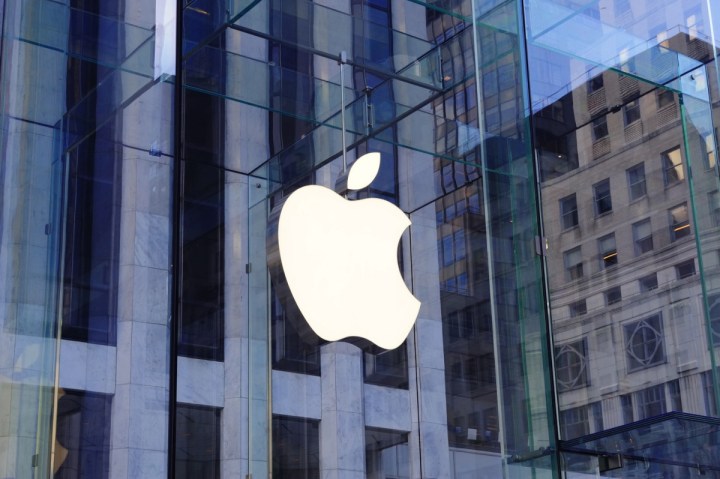
The battle stems from a European Commission finding that Ireland had been giving Apple tax breaks, something that has attracted a number of multinational employers to Ireland. The EU, however, has ordered the practices to change.
After a three-year probe into Ireland’s relationship with Apple, the European Commission ordered Ireland to collect $14.5 billion in back taxes from the company. That is the largest state-aid payback demand in history.
The decision has been the subject of criticism, particularly from this side of the Atlantic. The U.S. Treasury Department says the decision is a threat “to undermine foreign investment, the business climate in Europe, and the important spirit of economic partnership between the U.S. and the EU.”
Apple has also vowed to fight against the EU decision, and those appeals will follow the ones already pending in Luxembourg, where the EU is headquartered. Those pending appeals include cases against Starbucks.
Of course, Apple and Ireland will face tough competition in the European Commission’s Jean-Claude Juncker, who said that the ruling against Apple is clearly based on facts, arguing that the decision is not one against the U.S., but rather against unfair business practices.
The issues stem from the fact that Ireland’s corporate tax rate is currently 12.5 percent, however, Apple was paying far less thanks to a deal between it and Ireland that dates back to the 1990s. The deal essentially allowed Apple to record all sales as being in Ireland rather than other countries where Apple products were sold. In return, Apple brought thousands of jobs to the country.



